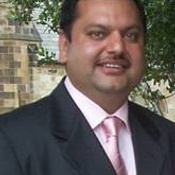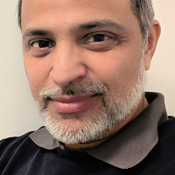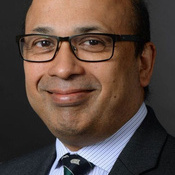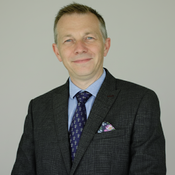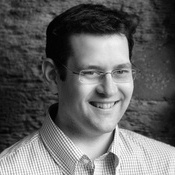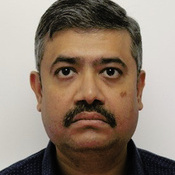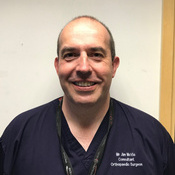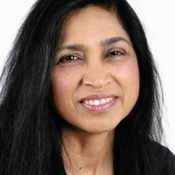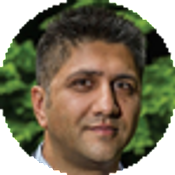BOA Ortho Update Course
For orthopaedic trainees at all levels and SAS surgeons, this updated course will give you the opportunity to access new understanding and support your preparation for the FRCS exam.
Course Aims
The course is designed to deliver teaching on important / Hot topics and clinical examination skills to cover various aspects of the orthopaedic curriculum over a 3-year cycle. The course is aimed at improving orthopaedic knowledge. Keep up to date with Hot topics and newer developments. Learn good examination techniques to improve clinical skill.
Who Should Attend
- Orthopaedic Trainees of all years
- SAS and Trust doctors
- Core trainees who are interested in orthopaedics as a career choice
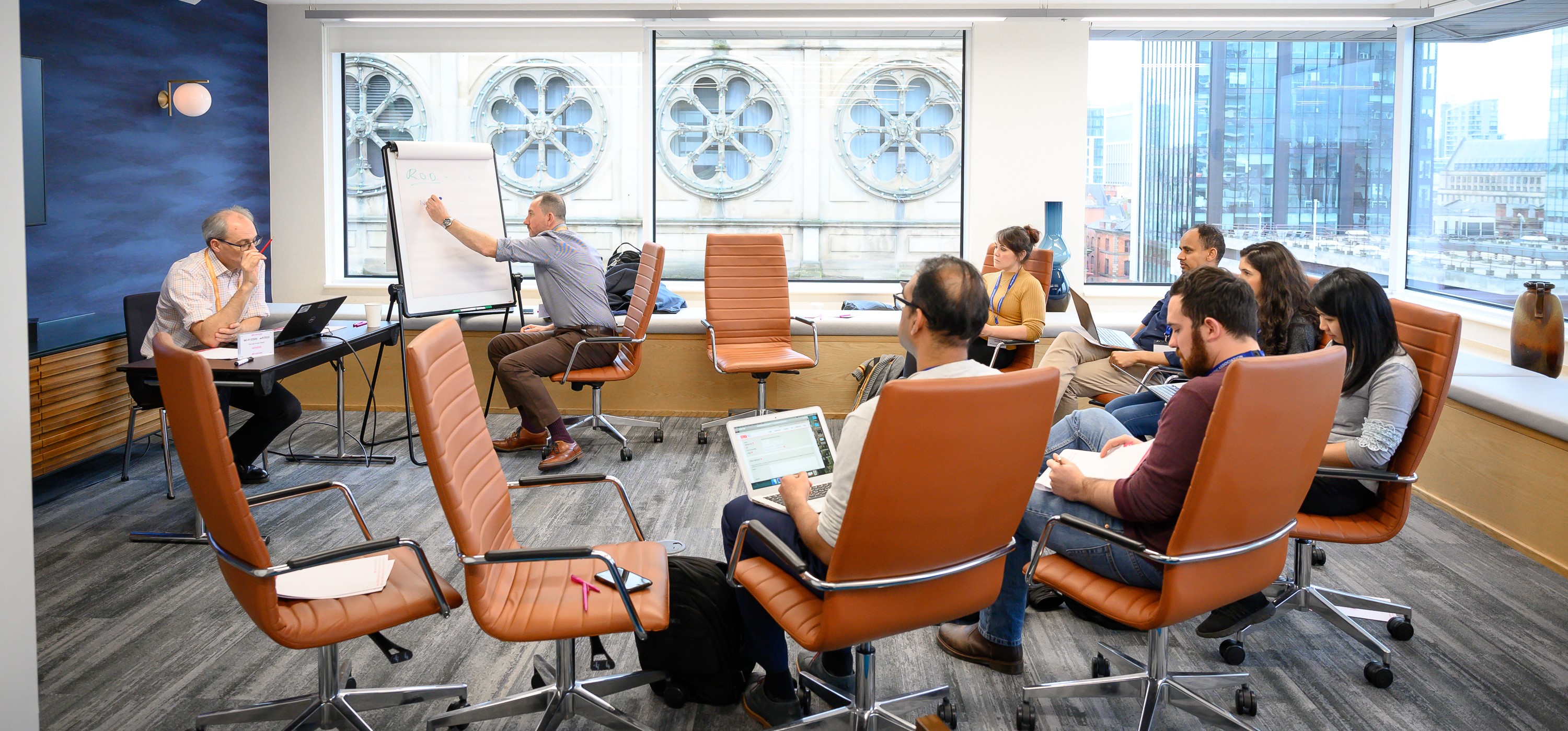
CPDs
The Royal College of Surgeons of England has awarded up to 5.5 CPD points for this course.
Next Course Date
Saturday 10th January 2026
Location: etc Venues, 11 Portland St, Manchester M1 3HU
Travel & Parking
By Train:
Manchester Piccadilly station (approx. 5 minutes walk)
Exit the station toward Piccadilly. Once outside walk across the silver arched pedestrian bridge following the pavement down to street level keeping the Doubletree hotel to your right. Cross over Ducie Street and up Aytoun Street following the tram tracks slightly uphill keeping and passing the Holiday Inn on your right. At the Junction with Portland Street cross Aytoun Street and the entrance to 11 Portland Street is directly in front of you. We are on the 8th floor.
Manchester Victoria station
This is a 15 minute walk so we would recommend that you take the Metrolink tram in the direction of Piccadilly. Alight at Piccadilly Gardens. Cross over the road towards the Slug and Lettuce so it is facing you, turn left and walk to the end of the street, the entrance is on this corner where Portland Street meets Aytoun Street.
By Bus and Tram:
Piccadilly Gardens (approx. 2 minutes walk) This is a main transport hub for Metrolink trams and buses and is a 2 minute walk from the venue.
Parking:
The venue is close to a number of car parks:
Manchester Minshull Street (operated by SIP) - Minshull Street, M1 3ED
Manchester Piccadilly Gardens (operated by Manchester City Council) - Chatham Street, M1 3AY
Manchester Chorlton Street (operated by NCP) - Chorlton Street, M1 3FY
Please refer to each provider's own webpage for early bird and discount offers.
Programme
08:30 – 09:00 Registration
09:00 – 09:15 Introduction and division into groups
09:15 – 10:45 Session 1 (30 mins x 3)
| Topic | Foot & Ankle Exam 1 | Foot & Ankle Exam 2 | Diabetic Foot (CBD) |
Trauma 1 |
Trauma 2 |
Brachial Plexus | Spine Exam 1 | Spine Exam 2 | Spine Infection (CBD) |
| Breakout Location | OUTLOOK | SIGHT | VISTA | MAIN ROOM | LIGHT | PERPSECTIVE | ASPECT | ||
| 09:15 – 09:45 | RED A | RED B | RED C | BLUE A | BLUE B | BLUE C | GREEN A | GREEN B | GREEN C |
| 09:45 – 10:15 | RED B | RED C | RED A | BLUE B | BLUE C | BLUE A | GREEN B | GREEN C | GREEN A |
| 10:15 – 10:45 | RED C | RED A | RED B | BLUE C | BLUE A | BLUE B | GREEN C | GREEN A | GREEN |
10:45 – 11:30 Networking Break (Tea/Coffee)
11:30 – 13:00 Session 2 (30 mins x 3)
| Topic | Foot & Ankle Exam 1 | Foot & Ankle Exam 2 | Diabetic Foot (CBD) |
Trauma 1 |
Trauma 2 |
Brachial Plexus | Spine Exam 1 | Spine Exam 2 | Spine Infection (CBD) |
| Breakout Location | OUTLOOK | SIGHT | VISTA | MAIN ROOM | LIGHT | PERPSECTIVE | ASPECT | ||
| 11:30 – 12:00 | GREEN A | GREEN B | GREEN C | RED A | RED B | RED C | BLUE A | BLUE B | BLUE C |
| 12:00 – 12:30 | GREEN B | GREEN C | GREEN A | RED B | RED C | RED A | BLUE B | BLUE C | BLUE A |
| 12:30 – 13:00 | GREEN C | GREEN A | GREEN B | RED C | RED A | RED B | BLUE C | BLUE A | BLUE B |
13:00 – 14:00 Lunch
14:00 – 14:45 FRCS Exam Session – What is it all about?
14:45 – 16:45 Session 3
| Topic | Foot & Ankle Exam 1 | Foot & Ankle Exam 2 | Diabetic Foot (CBD) |
Trauma 1 |
Trauma 2 |
Brachial Plexus | Spine Exam 1 | Spine Exam 2 | Spine Infection (CBD) |
| Breakout Location | OUTLOOK | SIGHT | VISTA | MAIN ROOM | LIGHT | PERPSECTIVE | ASPECT | ||
| 14:45 – 15:15 | BLUE A | BLUE B | BLUE C | GREEN A | GREEN B | GREEN C | RED A | RED B | RED C |
| 15:15 – 15:45 | Networking Break (Tea/Coffee) | ||||||||
| 15:45 – 16:15 | BLUE B | BLUE C | BLUE A | GREEN B | GREEN C | GREEN A | RED B | RED C | RED A |
| 16:15 – 16:45 | BLUE C | BLUE A | BLUE B | GREEN C | GREEN A | GREEN B | RED C | RED A | RED B |
16:45 – 17:00 Wrap it up
Course Information & Delivery
Candidates will circulate in small groups to different stations on the day covering various aspects of the orthopaedic curriculum. There will be ample opportunities to ask questions in the sessions and clear any doubts. Each station will have experts in their fields to help in this education process. Candidates will be assigned groups at the beginning of the day.
Course Format - Small group teaching sessions
Each year, there will be trauma stations, a couple of stations to cover ‘Hot Topics’ of the day and Essential CBD stations. There will be small-group teaching with an emphasis on presenting different cases and discussing management strategies.
- Examination sessions - Each year there will 3 examination stations. This year the emphasis is on Foot & Ankle & Spine and Brachial Plexus). There is small group teaching where candidates will get to learn examination techniques from experts in their field. There will be volunteers in each station for experts to demonstrate and for candidates to practice their skills. In small groups (max 8 per group) candidates will rotate every 30 minutes to practice clinical examination skills over 5 stations – 2 Foot & Ankle, 2 knee and 1 Brachial Plexus. This will give ample opportunity for all candidates to have a practice.
- Trauma stations - Candidates will rotate every 30 minutes, in small groups (max 8 per group), to 2 separate trauma stations where there will be presentations and discussion on trauma cases similar to the morning trauma meeting. Led by trauma surgeons, the aim is to reenforce the trauma management skills and learning of appropriate management skills.
- Case Based Discussion WBA’s – Each year we will have 2 stations to cover essential CBD’s that are not easily attainable in all hospitals. This year we will concentrate on Spinal Infection and Diabetic Foot. Candidates will rotate every 30 minutes, in small groups (max 8 per group), to 2 separate ‘CBD’ stations where they will discuss cases with spinal surgeons and Foot and Ankle surgeons.
-
The Exam- In this section candidates will be made aware of the process of the FRCS (T&O) exam. There will be talks providing and overview of the exam, the application process, the actual exam – section 1 and 2, the marking scheme and how the pass mark is generated.
Examiners will talk about how the exam material is generated to cover the breadth of orthopaedics. There will be a talk from a trainee who has recently passed the exam to give their top tips.
This is the time to ask about all the rumours and fallacies that candidates have heard about the exam process!
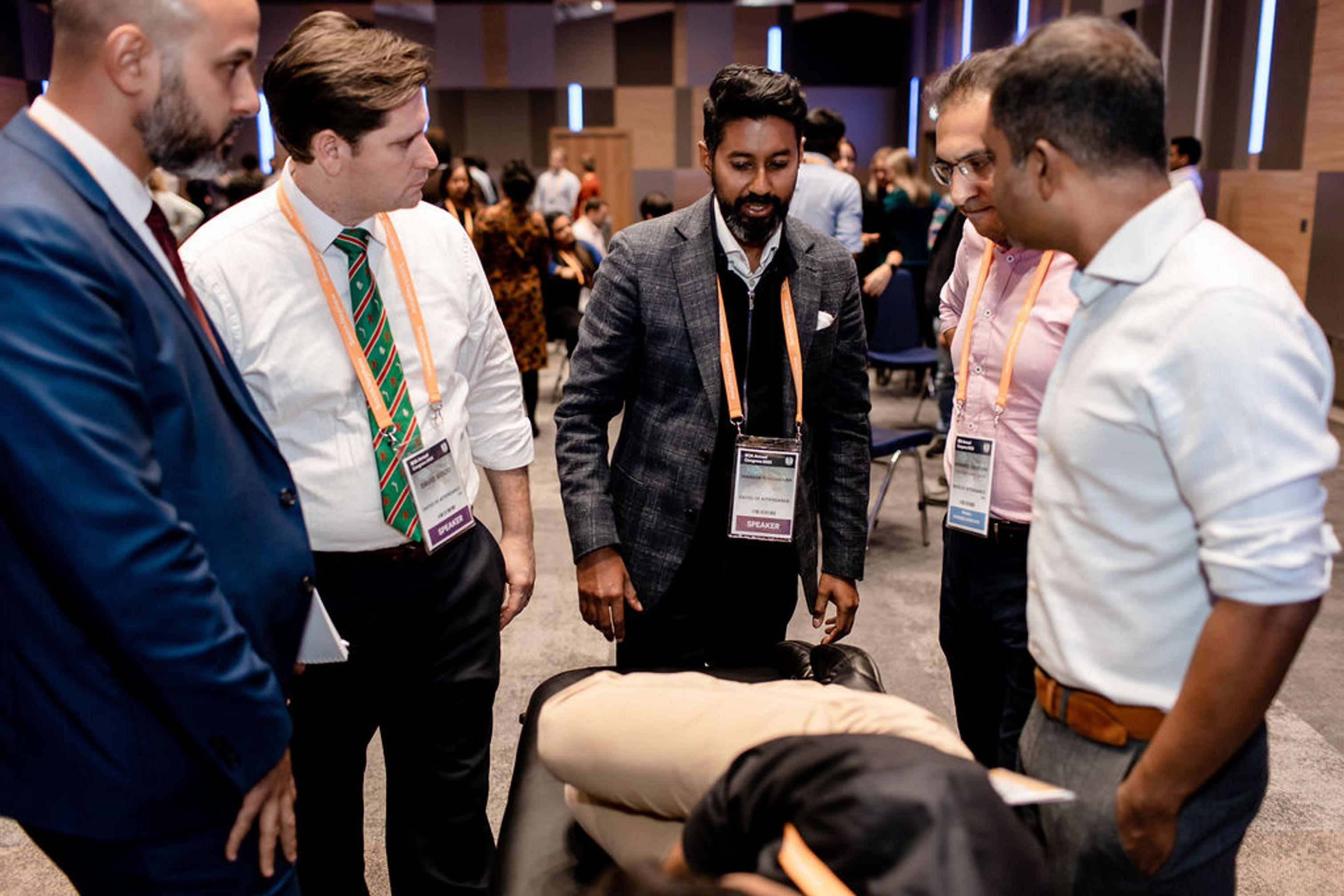
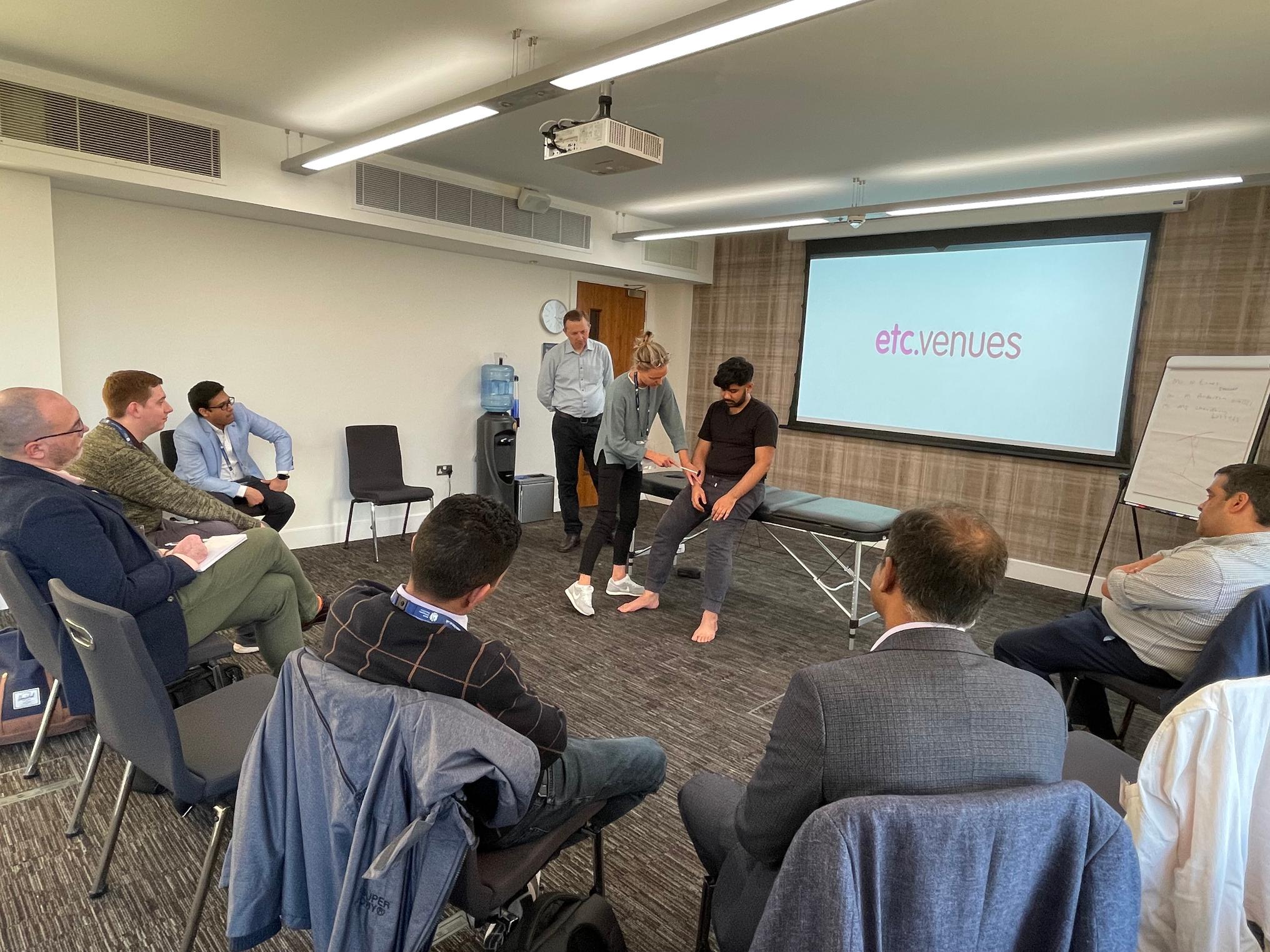
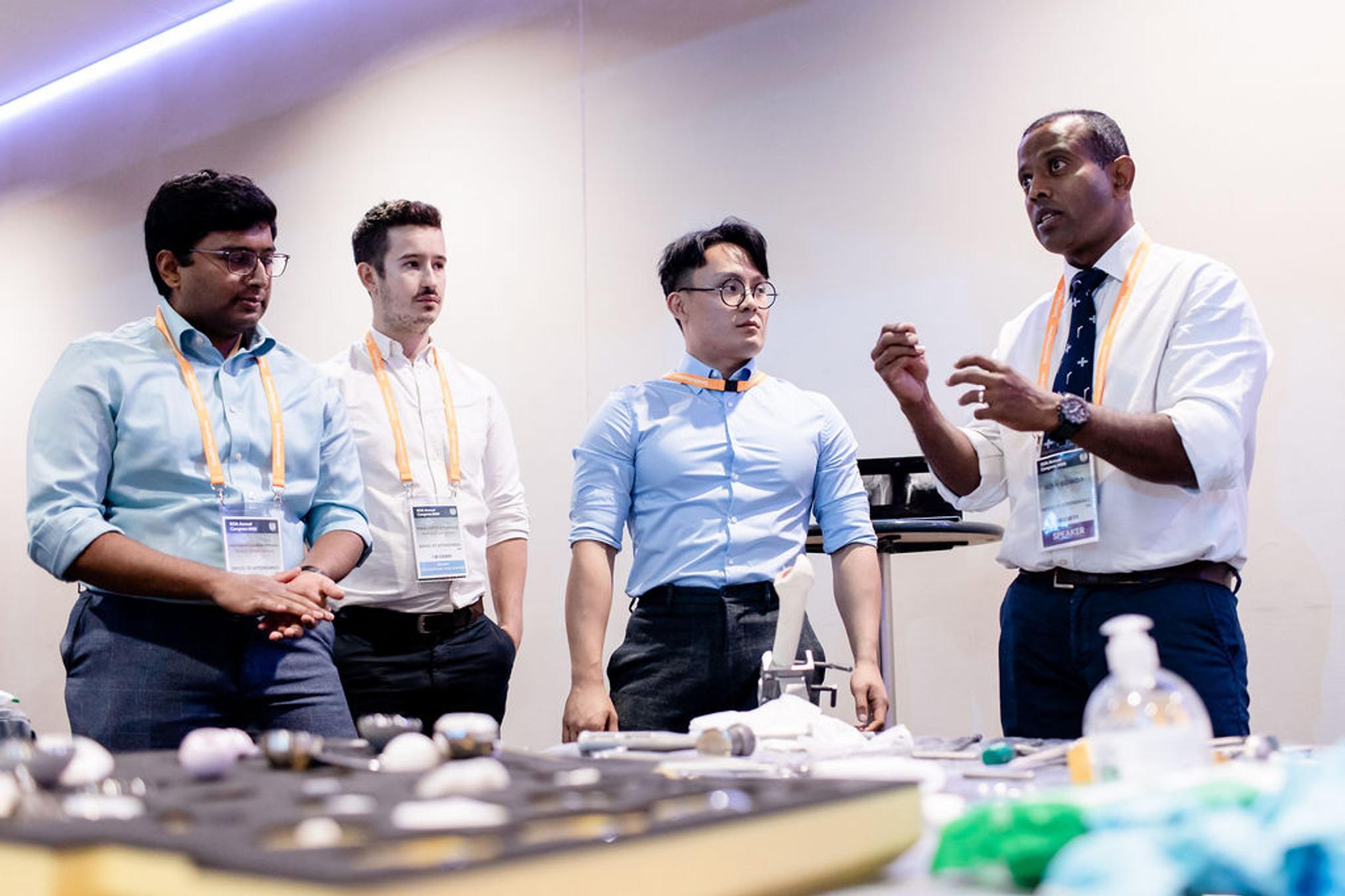
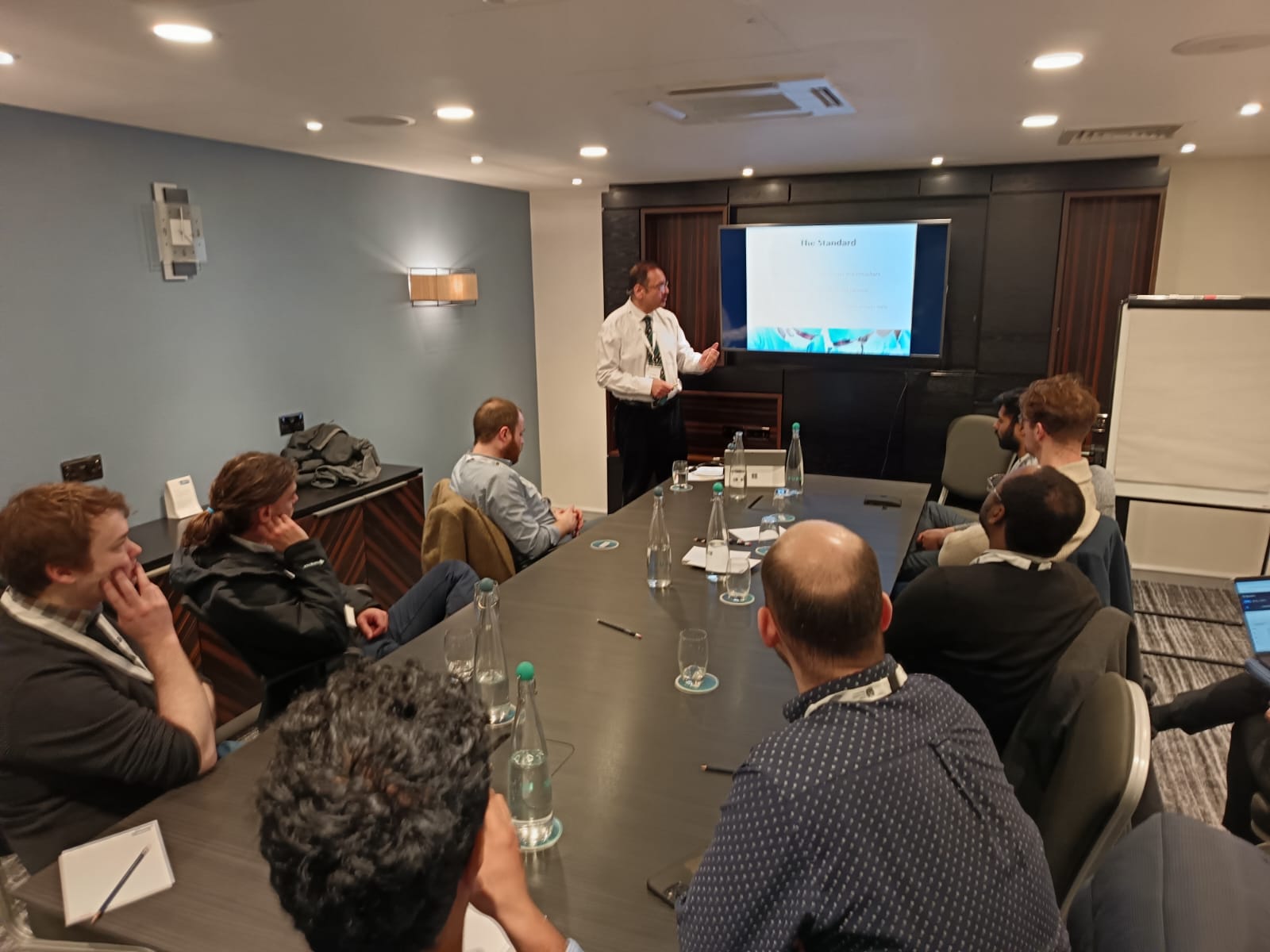
Course Fee
A discounted course fee of £200 is available only for BOA members.
(£300 for non-BOA members)
Cancellation Policy
Any cancellations received in writing at least six weeks before the event date, 23:59 on Saturday, 30th November 2025, will receive a full refund.
Any cancellations received from 00:00 on Friday, 1st December 2025, up to and including the dates of the course will not be refunded.
Course Leads:
- Rajesh Nanda, BOA Lead for Fellowships and Courses & Consultant Orthopaedic Surgeon & Upper Limb Specialist
- Paul Banaszkiewicz, Chair BOA Education and Careers Committee
Testimonials from previous course participants.
"Spinal teaching was excellent overview of a lot of topics".
"All very engaging and educational - great day and I learnt a lot".
"Diabetic foot - enthusiastic speakers, relevant material, not often covered elsewhere - good for exam".
"Excellent. I have attended this course for the last 4 years and as an overseas doctor (Australia) I found the small group interactions really useful in finding out how the specialist centres manage critical conditions which I am not really exposed to in my DGH".
"All faculties are supportive and helpful".
"Overall excellent - thank you for your time".

